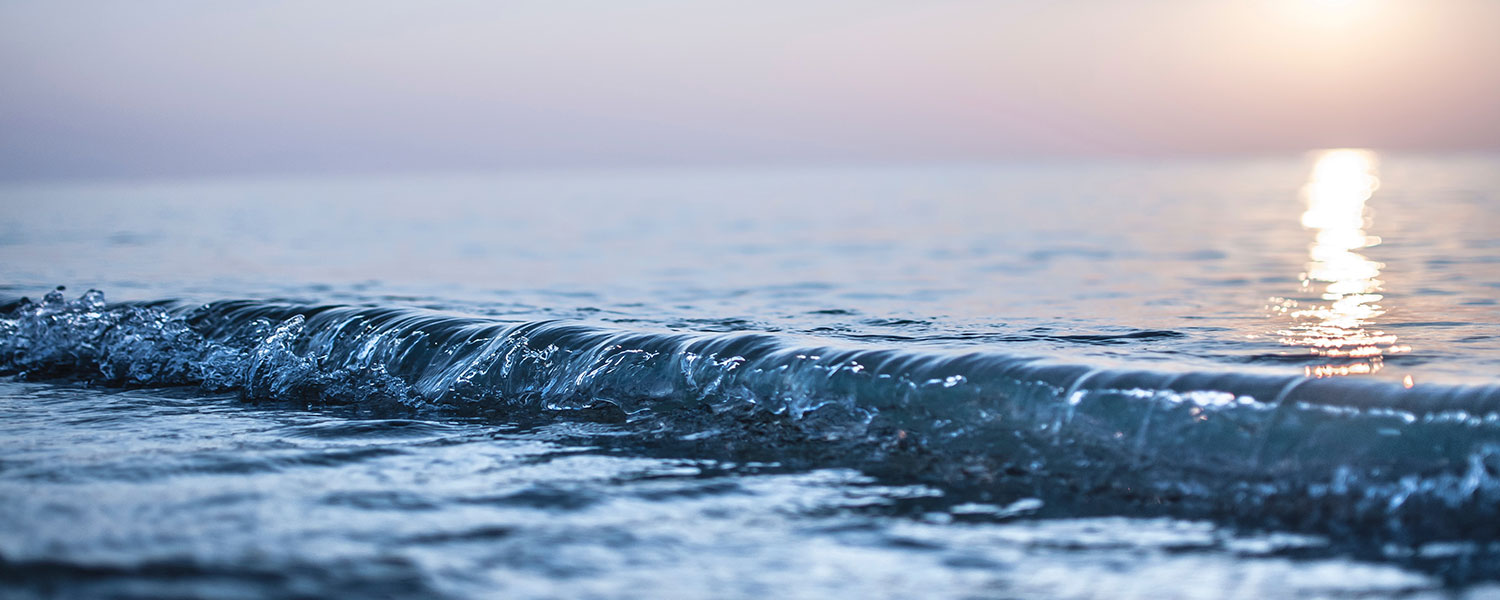Project
SEAMLESS: Services based on Ecosystem data AssiMiLation: Essential Science and Solutions (SEAMLESS)

Completed project
Project start: January 2021 | Project end: December 2023Funder: EU H2020
Principal Investigator: Dr Stefano Ciavatta
Other participants from PML: Dr Jozef Skakala, Jessica Heard
Website: https://seamlessproject.org/
SEAMLESS aims at improving the current European capability to simulate and predict the state of marine ecosystems.
The project is led by PML and focuses on state indicators that are linked to the ocean “health” (e.g. to oxygenation, acidification, eutrophication), “services” (e.g. to sustainable aquaculture) and “response” to climate change (e.g. to the transfer of carbon in the ocean depths). Currently, these indicators are monitored and/or simulated routinely by observatories and models of the European Copernicus Marine Services (CMEMS). SEAMLESS will improve the current CMEMS methods that integrate the information from monitored and simulated indicators, i.e. “data assimilation” methods.
SEAMLESS will provide improved ocean model data to:
- Monitor and assess marine ecosystem health in policy frameworks
- Implement marine spatial planning
- Operate aquaculture and fisheries
- Investigate climate change impacts on ocean ecosystems
More specifically, SEAMLESS will focus on the following eight ocean indicators: oxygen concentration, pH, phytoplankton concentration and phenology, trophic efficiency, primary production and particulate organic carbon. Our project will cover, directly or indirectly, all the CMEMS ecosystem models and marine systems. We will advance stochastic ensemble data assimilation methods, encompassing Kalman and particle filters and variational approaches. These methods will be used to assimilate biogeochemical and physical data from both satellites and in situ platforms (e.g. gliders and biogeochemical-Argo floats).
Impact
New methods developed by the project will have improved the CMEMS capability to deliver better simulations of the past (“reanalysis”) and better predictions of the future (“forecasts”) of the state of the ocean. These reanalyses and forecasts will be used by a large range of stakeholders, including policymakers, coastal planners, institutional monitoring, aquaculture farmers and climate-change scientists. SEAMLESS will also develop an open-source, user-friendly assimilative modelling tool (“prototype”) and will train stakeholders on how to use it.